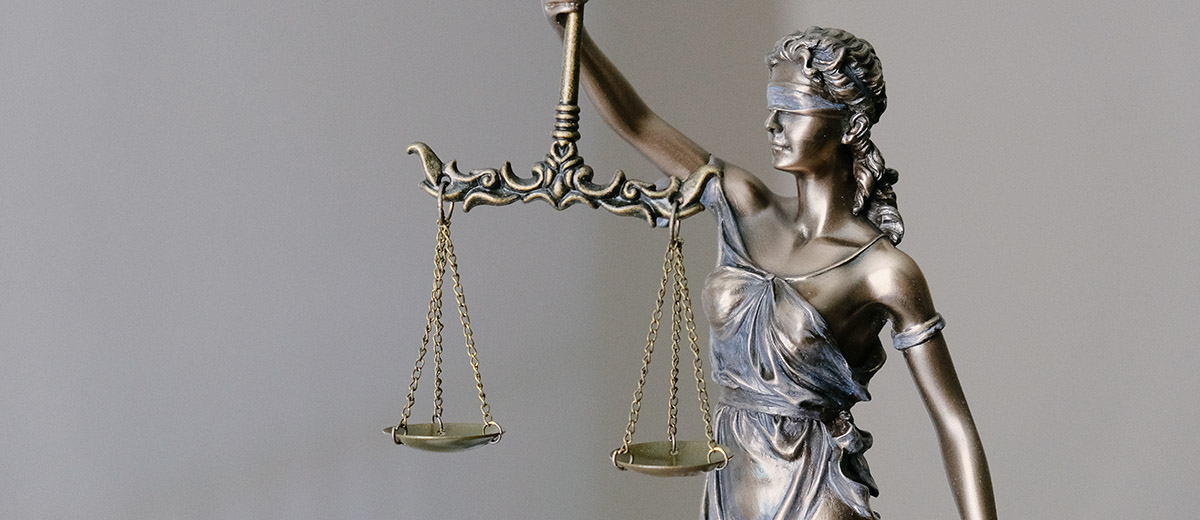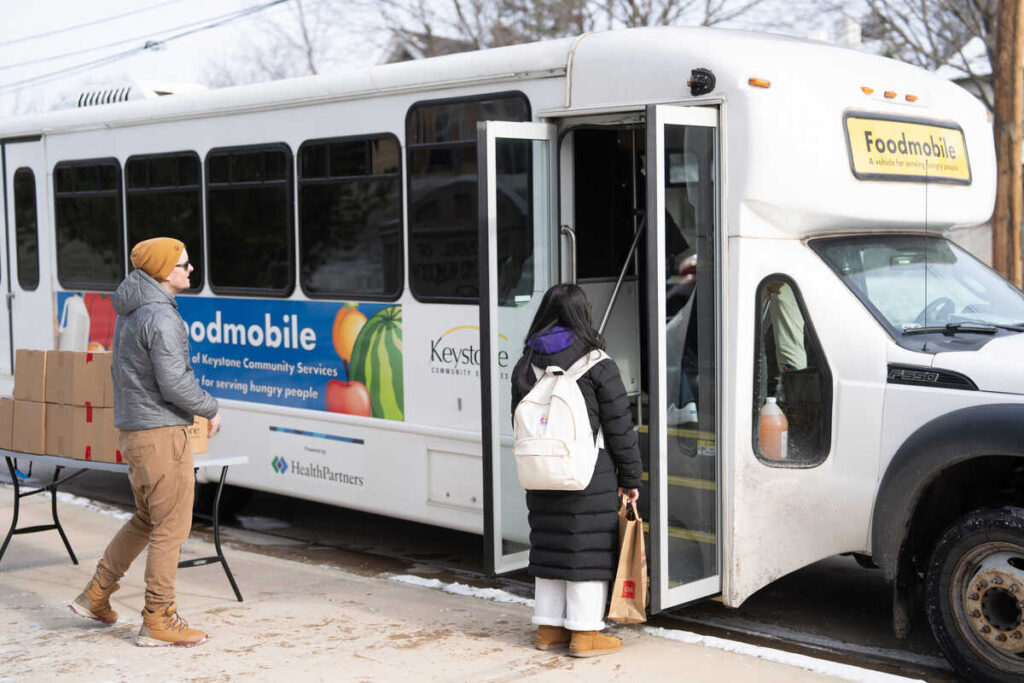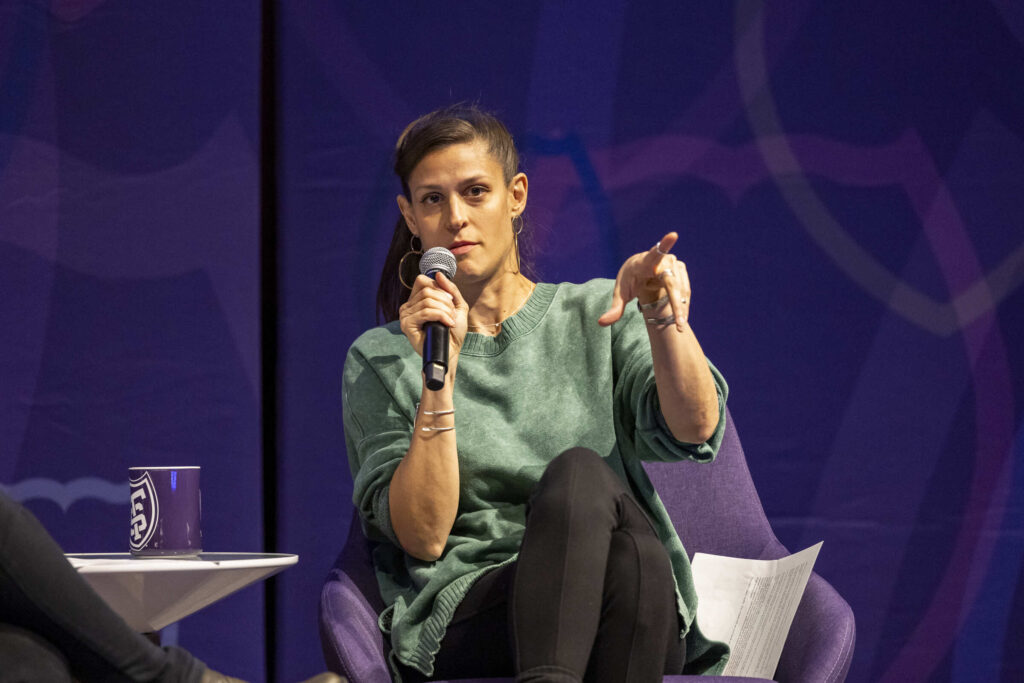Last spring second-year St. Thomas Law students Annie Boeckers and Megan Massie were recruited by law professor Greg Sisk to compile data for a third installment of his research into religious liberty decisions in the federal courts. The goal of the 16-year project is to better understand how judges resolve disputes that involve the Establishment Clause – the first clause of the First Amendment, which states that “Congress shall make no law respecting an establishment of religion, or prohibiting the free exercise thereof.”
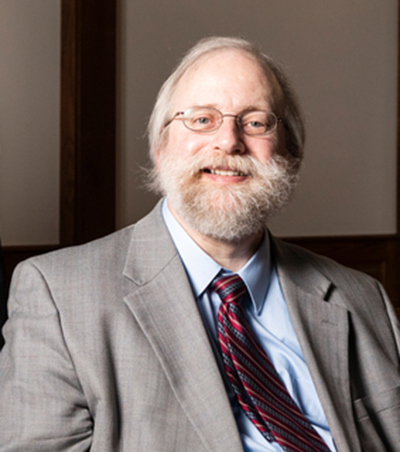
School of Law Professor Gregory Sisk
The project started in 2004 when Sisk, who is co-director of the Murphy Institute for Catholic Thought, Law and Public Policy at St. Thomas, partnered with Michael Heise from Cornell Law School to investigate how judges approach cases regarding the protection and acknowledgement of faith in American life. They published their findings in the 2012 paper, “Ideology ‘All the Way Down?’ An Empirical Study of Establishment Clause Decision in Federal Courts.”
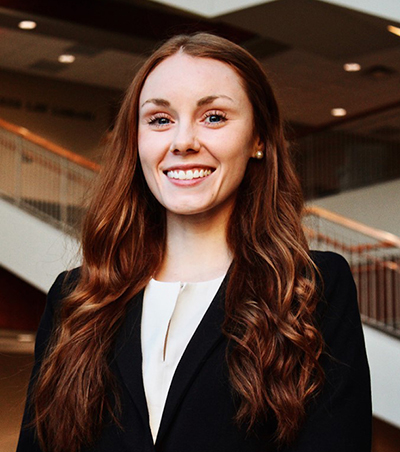
Annie Boeckers
The research done by Boeckers and Massie this summer focused on a new 10-year set of data points – rulings in appellate and trial courts – to update the project. Both students reviewed cases, categorizing and coding facets of each one. Once this data is synthesized, Sisk and Heise will conduct an empirical statistical analysis to conclude if there are any regional differences, factors in a judge’s background, ideological influences, or other such trends which correlate to the ruling.
Finding these patterns is critical work given that rulings in religious liberty cases oftentimes seem arbitrary.
“There’s a lot of really similar situations that get brought to court, and there’s different decisions on pretty similar fact patterns,” Massie said. “So you can get one district and have one decision and then you can go to another one and have almost the same situation and get a completely different one.”
Boeckers says that the project’s aim of better understanding what is influences judges is exciting because, the current legal tests for church and state cases are too easily manipulated by ideology and other factors. The hope is that this research will help kindle the development of “a newer, more concrete, approach of, ‘This is how we’re dealing with Establishment Law cases.’”
Identifying the influences of judges should also help future lawyers.
“You want to be able to say, OK, I’m representing a client. I want to be able to accurately tell them how this situation is going to turn out. That’s why we want consistency,” Massie said.
Both Massie and Boeckers have previous experience conducting research as undergraduates and were
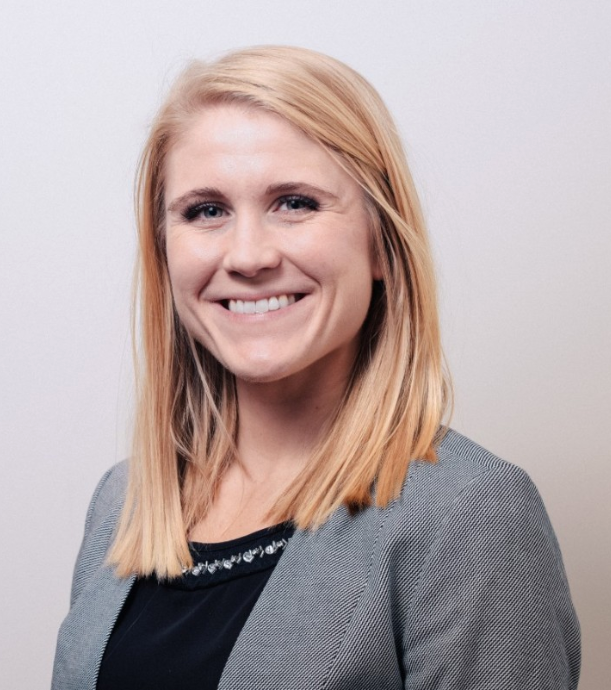
Megan Massie
classmates in Sisk’s Civil Procedure class last year. The two worked remotely this summer due to COVID-19 restrictions, but say it didn’t significantly impact their work.
“It was so cool to work with Annie. And Professor Sisk is just really wonderful to work for,” Massie said. “You can see that he’s excited about this project and I’m grateful that he gave me the opportunity. Someday I can see the final product and say, ‘I helped on that!’”
